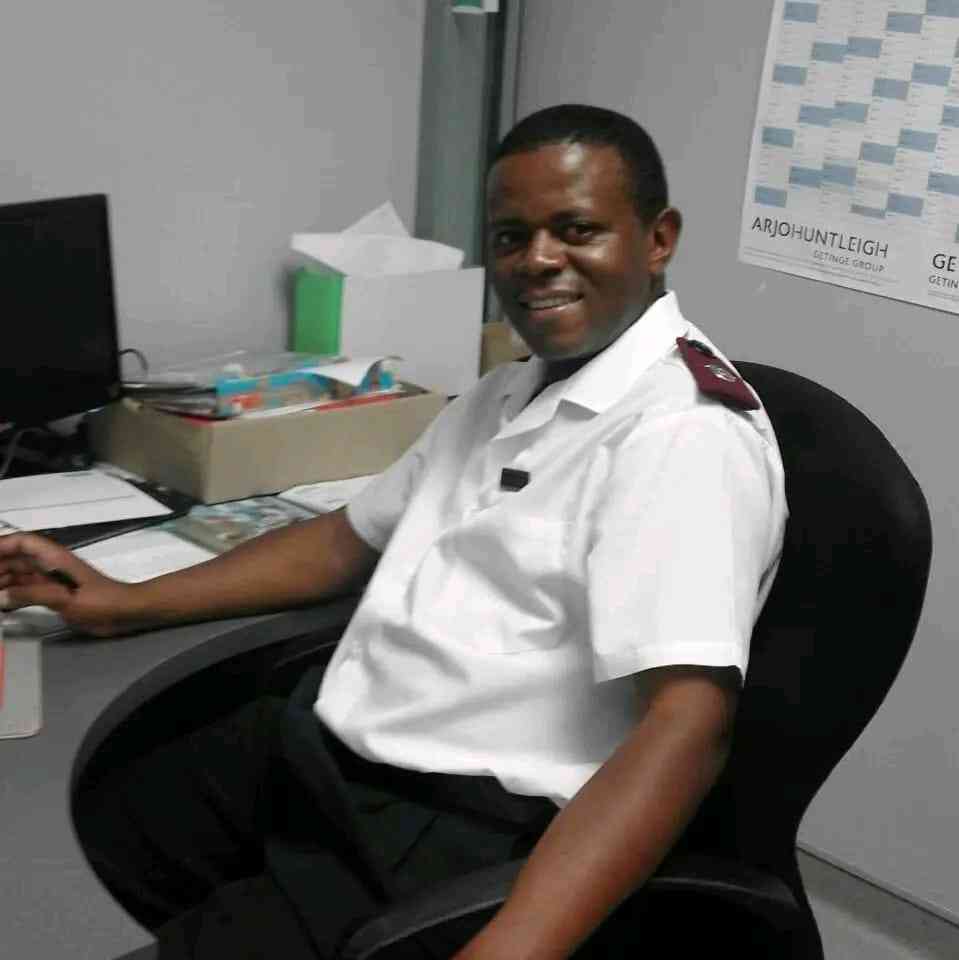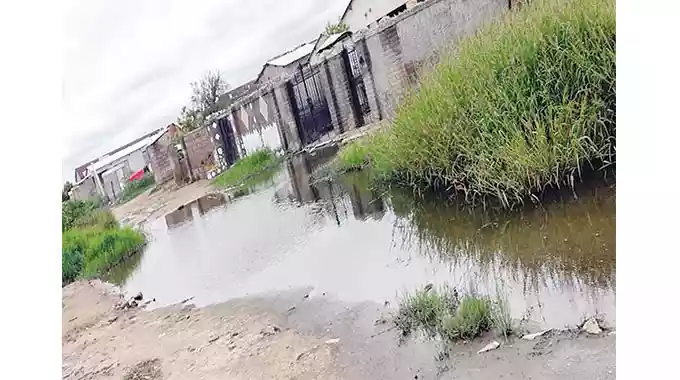
ZIMBABWEAN health workers based in South Africa have partnered medical practitioners in the neighbouring country to provide medical assistance to foreign nationals being turned away from public health institutions.
The initiative came after vigilante groups such as Operation Dudula, March on March and other anti-foreign nationals groups intensified the climate of hostility and violence against migrants in South Africa.
Foreign nationals in need of health services have faced serious challenges in accessing health services in South Africa.
Vigilante groups have been raiding public health institutions to weed out foreign nationals and those who fail to prove that they are locals due to a lack of documentation.
However, a consortium of health professionals that includes Zimbabweans, South Africans and other nationalities initiated a business plan for the Nurses Led Tele Health Facility in South Africa to assist victims.
The programme's lead co-ordinator, Butholezwe Nyathi, a Zimbabwean nurse based in South Africa, said they recently had the first baby delivered by a Tele Health midwife.
“We are thankful to God and the dedicated team of Tele Health that is assisting pregnant women and gives priority to those with 37 weeks of pregnancy and above.
“Thanks to Sister Bhelakazi Mdlalose, a South African and leader of the midwives, for delivering the first baby of our initiative,” Nyathi said.
- Zim headed for a political dead heat in 2023
- Migrants repel Operation Dudula
- Record breaker Mpofu revisits difficult upbringing
- Art helps Plumtree kids thrive
Keep Reading
He called on pregnant women who have been chased away from clinics to join the initiative so that they get medical assistance.
“We gave food parcels to some of the people who have been chased away from clinics so that they can use the money they have for food to buy medication,” he said.
“Southern Africa needs to come up with means of addressing these challenges, including services like Tele Health Services, to decongest the public health facilities.
“We want to thank Bekithemba Ndlovu, a professional nurse, for responding to the many messages that have been coming through our Tele Health line.”
He also hailed the services of the Zimbabwean humanitarian activist Nobuhle Virginia Ajiti, who has been helping foreign nationals and South Africans in times of need regardless of nationality.
The Tele Health Services team had an opportunity to present goodies at the Nobuhle Virgie Foundation's Women's Day Event last week.
Outlining the business plan for the Nurses Led Tele Health Facility in South Africa, Nyathi said many individuals in South Africa, including foreigners and some undocumented individuals, faced challenges in accessing healthcare services due to various barriers.
He said they aimed to bridge this gap and provide inclusive healthcare services to all.
Nyathi said the problems included inadequate access to healthcare services for certain individuals in South Africa due to limited healthcare infrastructure, language barriers and cultural differences, mostly at public clinics and healthcare facilities across South Africa.
He said the most affected were foreigners, migrants and individuals from diverse backgrounds, adding that the challenges were perennial.
Nyathi said the solution they found was to implement the Nurses Led Tele Health Facility to provide accessible, confidential and inclusive healthcare services to all individuals, regardless of their background.
“The facility will utilise a central WhatsApp line, staffed by volunteer professional nurses with various specialties, to respond to health and social-related issues,” he said.
“The business case for this project is built on the following pillars, namely, increased access to healthcare. Tele Health services will bridge the gap in healthcare access for marginalised communities.
“Cost-effectiveness in which there is reduced need for in-person visits will minimise costs associated with travel and hospital admission, and improve health outcomes where there are timely and tailored care plans.”
Nyathi said their objective was to provide accessible and confidential healthcare services to all individuals, utilise a central WhatsApp line for health and social-related issues, and foster a culture of inclusivity, respect and empathy.
He said their resource mobilisation strategy was to recruit volunteer professional nurses and social workers, seek funding from donors, grants and partnerships and secure necessary technology and infrastructure.
“By implementing this business plan, the Nurses Led Tele Health Facility can provide accessible, confidential and inclusive healthcare services to all individuals, fostering a culture of unity, acceptance and Ubuntu,” Nyathi said.









